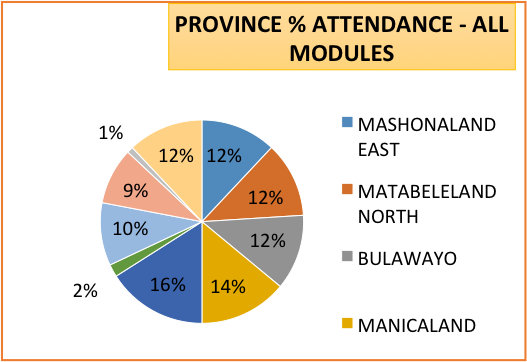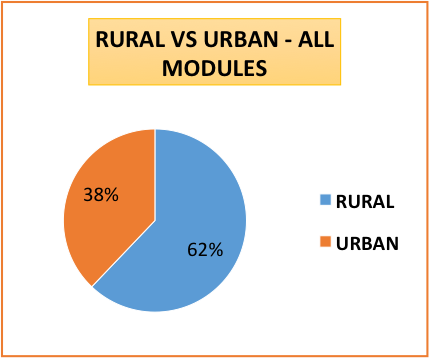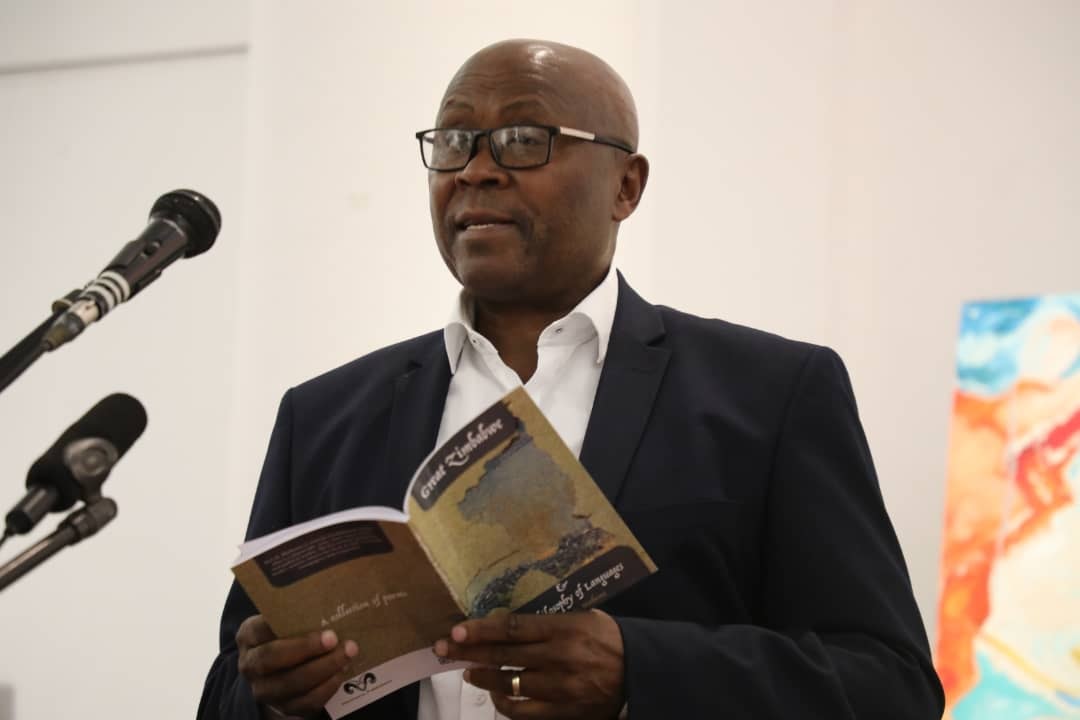|
Getting your Trinity Audio player ready…
|
As with many countries across the world, 2020 saw Zimbabwean schools abruptly closed as a consequence of the Covid-19 pandemic. The closure of schools for almost a year seriously impacted school outcomes and reversed some important post-independence gains in areas such as literacy and numeracy, school infrastructure, and school attendance, among others.
Most public schools did not have the capacity to offer distance or online learning since, in addition to a lack of infrastructure and resources, teachers were neither equipped nor trained to offer this type of learning. While technology cannot and should not replace teachers, this crisis nevertheless demonstrated that technology plays a major role in complementing and improving the quality and access to education in the 21st century. In order for teachers to embrace and facilitate this process, however, they need to be equipped with the knowledge and skills necessary to do so.
It is against this backdrop that the United Nations Educational, Scientific and Cultural Organization (UNESCO), working with Zimbabwe’s Ministry of Primary and Secondary Education (MoPSE), developed a professional development programme for teachers to support the continuation of teaching and learning during – and beyond – the Covid-19 pandemic.
The overall aim of the Rapid Teacher Training on Open, Distance and Online Learning Programme is to provide support for teachers to deliver distance education and use information and communications technology (ICT) in education. The course introduces teachers to basic digital skills, remote learning methods, and pedagogical use of ICT for teaching to ensure the continuation of learning. The course also equips teachers with the skills and resources to deliver alternate and appropriate forms of remote learning using no-, low-, and high- tech digital tools.
The training is structured around three modules, which begin with introducing teachers to basic concepts in ICT, and takes them right through to digital literacy, planning and developing lessons and resources for remote learning, and even how to deliver distance learning through radio. Some of the skills teachers will learn include computer maintenance and troubleshooting, how to use the full Microsoft Office suite, and what tech tools are out there, from the internet, email, and WhatsApp, to high-tech learning management systems such as Google classrooms. The module explores successful strategies of how teachers plan lessons and develop engaging and interactive content for remote learning.
Training activities started in early 2021. Strategies of enhancing engagement and interactivity were explored creating opportunities and platforms for feedback and assessment. Further, the teachers were taught on the practical steps of designing an online lesson and teaching content using low tech-tools such as WhatsApp and high-tech tools such as learning management systems. Tools used to create online content such as Google classrooms and Moodle were explored including other Learning Management Systems with offline functionality.
Who has been trained so far?
By the end of May, 1 400 teachers from all provinces of the country had already been trained. The majority of these teachers were from rural areas, and 56% were women. Future training will continue to focus on reaching the most remote and marginalized areas.


How was the training conducted?
Only around 31% of primary and secondary schools in Zimbabwe have internet access, and of the country’s 6,611 unconnected schools, 75% are primary schools. Moreover, Zimbabwe is facing an acute energy crisis. The overall electrification rate was reportedly as low as 41% in 2018, with a huge disparity in rural and urban access to energy, as seen in electrification rates of 20% and 85.3% respectively (World Bank Data – Zimbabwe Country Profile).
Under these conditions, WhatsApp proved to be the most cost-effective and easy to use platform. WhatsApp is an application which allows smartphone users to make calls and exchange texts and audio and video messages for free, although it does require data to do so. Since most teachers in the country are able to access WhatsApp, it offers those in poor network areas the opportunity to participate and benefit from the training. The teacher trainers were able to use the app to communicate course content discussions and tutorial updates, assignment instructions and submission deadlines of tutorials or asynchronous activities, evaluation activities, and updates on the programme. They also used it for one-on-one text exchanges to address individual students’ expectations and needs. Some training activities were conducted asynchronously using other training platforms, including pre-workshop activities, research, and assessment activities.
How was the training perceived?
Teachers were excited about the training, which was timely against the backdrop of school closures. While some teachers already knew about online or distance learning, but did not necessarily view it in a positive light, for most, discovering the abundance of online tools that can easily be used for teaching and learning online was a revelation and introduced them to a new world of teaching, with “online teaching” quickly becoming a buzz word. While enthusiasm to participate in the programme prevailed across all the provinces, the focus of the workshop in rural and marginalised schools was particularly welcome, especially in the most disadvantaged communities.
Besides the excitement that came with participation in training, teachers were eager to implement the online teaching models in their schools, with many sharing their experiences with other teachers in their districts and even requesting permission to train other teachers in their schools and districts as part of knowledge-sharing or local professional development endeavours.
“Knowledge is power”, said one teacher, in reference to the impact of online training in transforming communities. As the narrative on distance learning gained currency, this also triggered online professional development workshops at school level and district level. It was interesting to see the confidence of the newly trained teachers in developing others through coaching and mentoring at school level for effective liaison of online teaching and learning initiatives, and was a powerful demonstration of how online training builds bridges of knowledge and creates capacity among teachers to use whatever resources they have to make a difference.
Teaching online was immediately taken to implementation stage and teachers began to use low- and high-tech tools in making a difference in their communities. This was the moment that the training coordinators knew they had succeeded, as participants began to translate what they learnt into their classroom contexts in order to mitigate the harsh effects of Covid-19 on learning, and even invited them to their online classes to witness this transformation themselves.
“After receiving professional guidance and intensive one-week training from UNESCO, I decided to fully embrace online learning using low-cost tools in order to mitigate the learning challenges in my school that were brought about by the Covid-19 triggered school closures,” said Sehlile Thebe, Pumula High School English Teacher, Bulawayo
Relevance of training beyond Covid-19
With learning methods fast changing or shifting to distance and online learning across the globe, the training on distance and online learning will undoubtedly leave an indelible imprint, even beyond the Covid-19 pandemic. The concept of an online classroom is gaining traction as understanding grows that learning can take place anywhere or everywhere in our technology-oriented 21st-century world. Knowledge is no longer confined to experts – it is now available online to everyone. Online and distance learning is the pedagogy of the future and will continue to be relevant. Moreover, this method of learning will offer multiple pathways of learning to marginalized communities who cannot access formal education or those who fail to qualify to enter formal education systems.
Next steps
In order to take this training to the next level, UNESCO is currently developing a Massive Open Online Courses (MOOC) based on the rapid teacher training programme, which will open up more opportunities for teachers to train online. The course will be delivered by renowned experts in distance and online learning and is comprised of two one-week modules and one two-week module. Zimbabwean teachers from all levels of education and subject areas are encouraged to register for the course, scheduled to start in July, 2021.
Registration link: https://openlearning.unesco.org/courses/course-v1:UNESCO+UNESCO-05+2021_01/about
